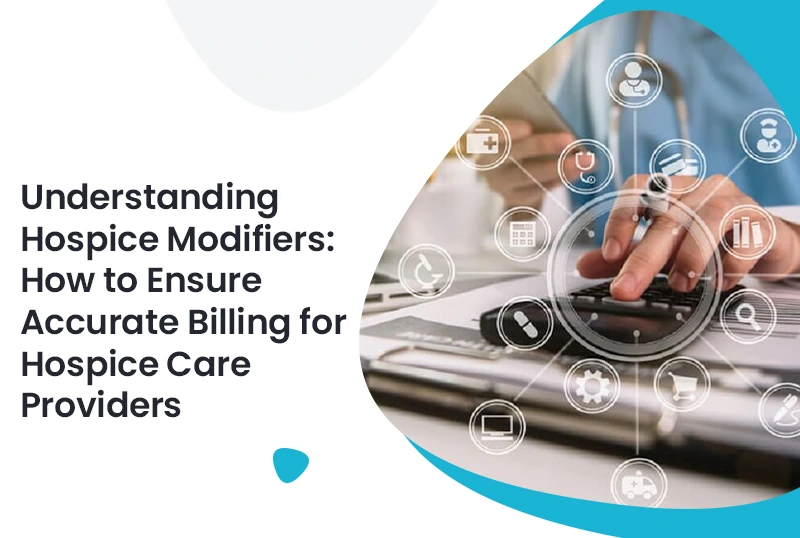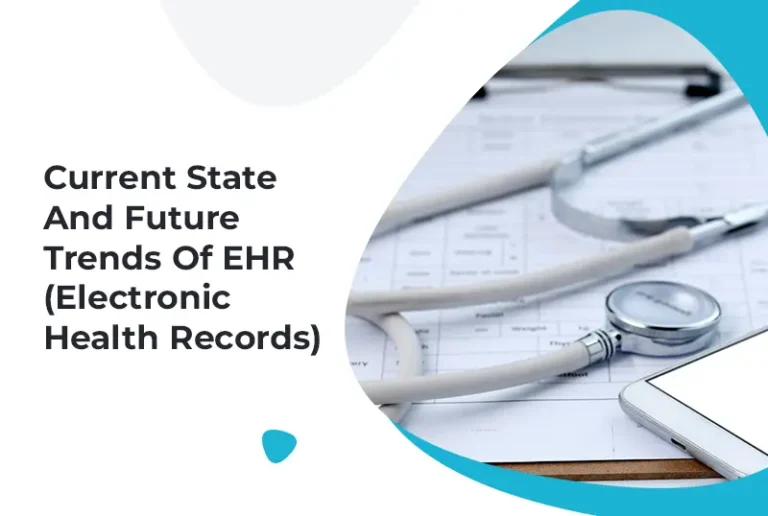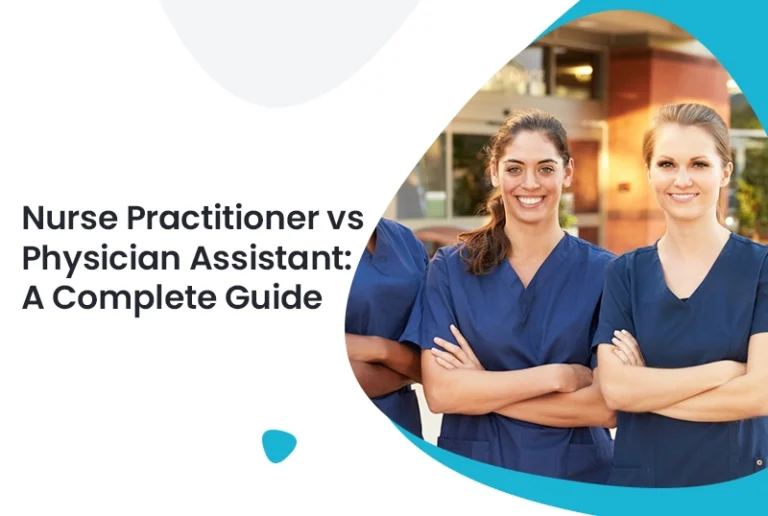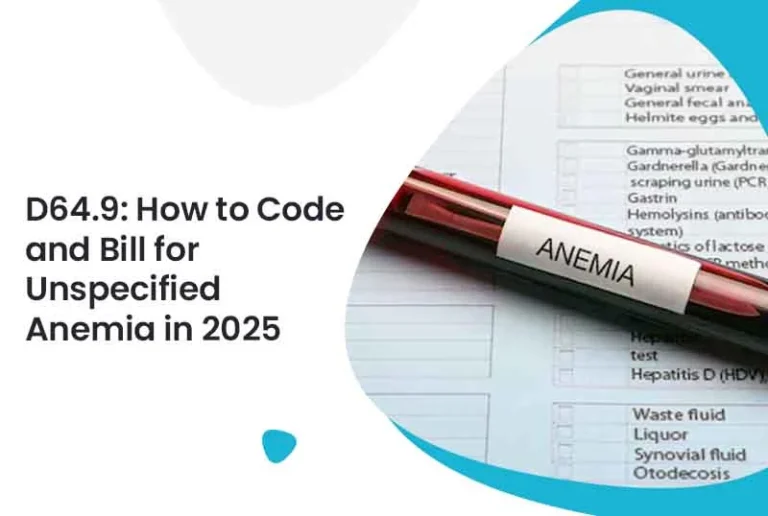In the specialized realm of hospice care, billing accuracy is more than a compliance necessity—it’s a financial imperative. One of the most overlooked yet critical components of this process involves hospice modifiers, which serve to clarify the circumstances surrounding the services provided to patients under hospice care.
At Precision Hub, we specialize in navigating these complex billing requirements, offering tailored solutions that ensure compliance and optimize reimbursement. For hospice providers, mastering the correct use of hospice modifiers is essential to avoid claim denials, reduce audit risk, and maintain healthy cash flow.
What Are Hospice Modifiers and Why Are They Important?
Hospice modifiers are two-character alphanumeric codes appended to CPT or HCPCS codes to offer additional context to the payer. These modifiers help specify whether services are related to a patient’s terminal diagnosis, identify the type of provider rendering the service, and ensure the claim is processed correctly.
Inaccurate or omitted hospice modifiers can lead to serious complications in billing, including denials, delayed payments, and compliance issues. For teams managing billing services medical, this can result in a loss of valuable time and revenue. That’s why Precision Hub integrates expert knowledge and advanced tools to help hospice agencies apply modifiers correctly and consistently.
Common Hospice Modifiers and Their Applications
Here are the primary hospice modifiers used in day-to-day hospice billing, each serving a unique function in claim classification:
- GV Modifier – Indicates that the service was performed by a physician not employed by the hospice agency or not acting as the hospice medical director. This allows Medicare to reimburse the claim directly.
- GW Modifier – Denotes services unrelated to the patient’s terminal illness. This is critical for differentiating treatments that fall outside the scope of hospice coverage.
- Q5/Q6 Modifiers – Used when services are rendered by substitute physicians under reciprocal billing or locum tenens arrangements.
- Q7/Q8/Q9 Modifiers – Primarily applied in podiatric services to demonstrate medical necessity due to systemic conditions such as diabetes.
Hospice care providers must be vigilant in modifier usage, as payers closely scrutinize claims to prevent overpayment and fraud.
The Impact of Proper Modifier Use on Revenue Integrity
When used properly, hospice modifiers do more than clarify billing—they protect revenue integrity. They communicate essential details to payers, preventing unnecessary denials and facilitating faster reimbursements. Conversely, incorrect use may flag your claims for further scrutiny, leading to costly audits and revenue loss.
Precision Hub empowers hospice providers by offering end-to-end billing support, including modifier training, coding validation, and claims auditing. We ensure that hospice billing teams understand when and how to apply the correct hospice modifier, improving billing outcomes and compliance posture.
Incorporating these practices into your healthcare revenue cycle management is not only advisable—it’s essential in today’s reimbursement landscape.
Real-World Scenarios: Hospice Modifiers in Action
To understand the practical importance of hospice modifiers, let’s examine two common scenarios:
Scenario 1: Non-Hospice-Related Services
A hospice patient visits a cardiologist for a condition unrelated to their terminal illness. The cardiologist bills Medicare directly using the GW modifier, signaling that the service falls outside the hospice care plan. This ensures the claim is processed independently and reimbursed accordingly.
Scenario 2: Physician Not Affiliated with Hospice
A physician not employed by the hospice agency provides a wound care service that is related to the terminal diagnosis. Here, the GV modifier is essential. It indicates that the service was performed by a non-hospice physician and is therefore eligible for separate reimbursement.
These examples demonstrate how critical it is to apply the correct hospice modifier. Precision Hub’s coding experts review each claim thoroughly to confirm modifier accuracy before submission, reducing errors and improving claim acceptance rates.
Best Practices to Improve Modifier Accuracy
Ensuring accuracy in modifier use requires a comprehensive strategy that includes education, technology, and workflow integration. Below are several best practices:
- Comprehensive Documentation
Accurate documentation is the foundation of compliant billing. Clinicians should clearly outline whether services relate to the terminal diagnosis and specify the provider type. - Modifier Training
Billing and coding staff should receive regular training on the latest CMS guidelines and payer-specific rules regarding hospice modifiers. - Use of Billing Technology
Leverage software that alerts staff to missing or inappropriate modifiers. This can prevent many errors before claims are even submitted. - Regular Auditing
Conduct internal or third-party audits to catch and correct modifier errors. Precision Hub offers audit services to help providers identify patterns and improve long-term billing performance.
Hospice providers who adopt these practices can significantly reduce the risks associated with modifier misuse while enhancing billing efficiency.
The Role of Precision Hub in Optimizing Hospice Billing
As a trusted partner in the healthcare industry, Precision Hub offers a full suite of services designed to improve billing accuracy and financial outcomes for hospice care providers. From coding support to claim scrubbing and modifier validation, our team ensures that your billing process meets the highest standards of compliance and efficiency.
Our solutions are backed by industry expertise and a deep understanding of payer guidelines, including Medicare’s complex requirements for hospice modifier usage. We don’t just process claims—we optimize them.
When integrated into your medical billing and coding operations, Precision Hub’s services offer measurable improvements in claim acceptance rates, payment timelines, and compliance outcomes.
Why Hospice Providers Trust Precision Hub
Choosing the right billing partner is crucial in hospice care, where regulations are stringent and billing errors can have serious consequences. Providers across the country trust Precision Hub for:
- Expertise in hospice billing regulations
- Real-time claim validation tools
- Comprehensive coding and auditing services
- Personalized account management
- Reliable compliance support
With Precision Hub, you get more than a vendor—you get a dedicated ally in your financial success.
Final Thoughts
Understanding and applying hospice modifiers accurately is vital for every hospice care provider. These small but significant codes ensure that claims reflect the reality of patient care, align with payer policies, and support appropriate reimbursement.
Partnering with a trusted service provider like Precision Hub ensures your billing practices are always accurate, compliant, and profitable. We help hospice agencies focus on what matters most—delivering compassionate, high-quality care—while we handle the complexity of billing behind the scenes.
Frequently Asked Questions (FAQs)
Q1: What are hospice modifiers used for?
Hospice modifiers clarify the nature of services rendered to hospice patients, helping payers determine whether services are related to the terminal illness and who provided them.
Q2: How do I know when to use the GV or GW modifier?
Use GV when the service is related but the provider is not employed by the hospice. Use GW when the service is unrelated to the terminal diagnosis.
Q3: Can incorrect hospice modifier usage lead to audits?
Yes, incorrect or inconsistent use can trigger claim denials, payment holds, and even compliance audits by Medicare or private payers.
Q4: Does Precision Hub provide training for hospice billing teams?
Absolutely. We offer comprehensive training, coding audits, and ongoing support to ensure your team is up to date with the latest billing standards.
Q5: How do hospice modifiers affect claim processing time?
Properly used modifiers streamline the claims process, while errors can delay reimbursement and require resubmission.







